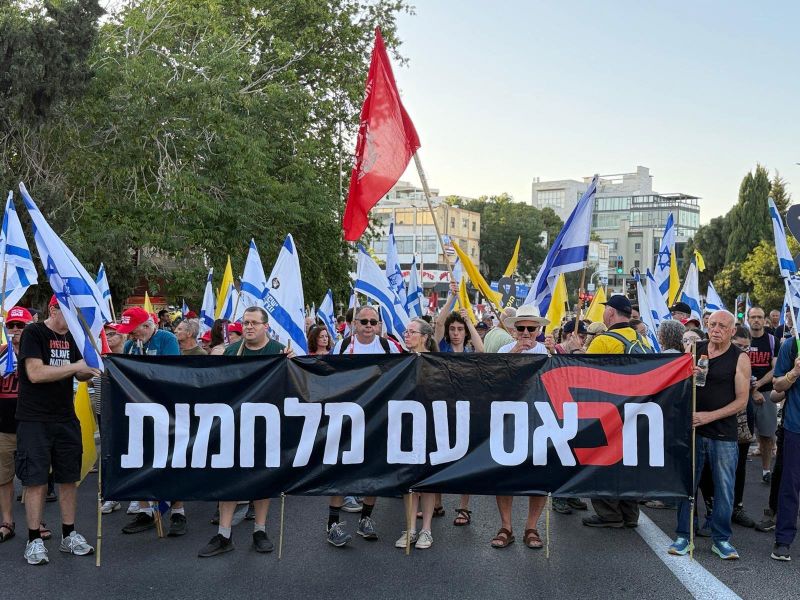
Khamenei's Silence Amid Tehran’s Mourning Reflects Iran’s Defiance and Fragility
As I speak now, the city of Tehran is draped in black and echoes with solemn chants, where thousands have gathered to bid farewell to the dead—military commanders, nuclear scientists, and civilians alike—killed during the recent 12-day war with Israel. Yet, in the middle of this somber spectacle, one presence was strikingly absent: Iran’s Supreme Leader, Ayatollah Ali Khamenei. His silence, paired with a single cryptic online post, is as loud as the mourners in the streets.
But Khamenei’s absence raises questions. The man who once led chants of “Death to America” was nowhere to be seen while coffins were carried through the capital. Meanwhile, close aides like Quds Force commander Esmail Qaani and adviser Ali Shamkhani—rumored dead just days ago—resurfaced, visibly injured yet defiantly present. That visual contrast says everything: the system still moves, but its top is unseen, perhaps vulnerable.
Also Read:- Lizzie Davidson Shines in the Hilariously Brutal World ofSuch Brave Girls
- LL Cool J Explores the Roots of Hip-Hop in New Paramount+ Docuseries
Iranian state TV aired what it claimed was Shamkhani’s first interview since surviving an Israeli airstrike. Breathing aid in hand, he described being trapped under rubble, praying amid concrete dust. It’s a story that fuels martyrdom and propaganda. But when such high-ranking officials are caught so off-guard and the Supreme Leader retreats into the shadows, it signals more than bravery—it reveals a shaken core.
At the same time, across the border in Israel, anger boils differently. Tens of thousands in Tel Aviv flooded the streets—mourning hostages, condemning the Gaza war, and begging for an end. Mothers holding pictures of their lost sons cried out for leaders to stop playing politics and bring the hostages home. Their pain wasn’t cloaked in ideological defiance but in raw human desperation.
The contrast couldn’t be clearer. In Iran, the regime uses death to fuel defiance. In Israel, civilians use grief to plead for peace. Both societies are fractured by war, but only one allows its people to protest openly in the capital square.
Khamenei’s absence may be strategic, symbolic, or simply due to frailty. But at this historic juncture, his silence is being interpreted more and more as weakness. And while Iran claims it will never surrender, it may already be showing the first cracks—not on the battlefield, but in the very structure that holds its power.
Read More:



0 Comments